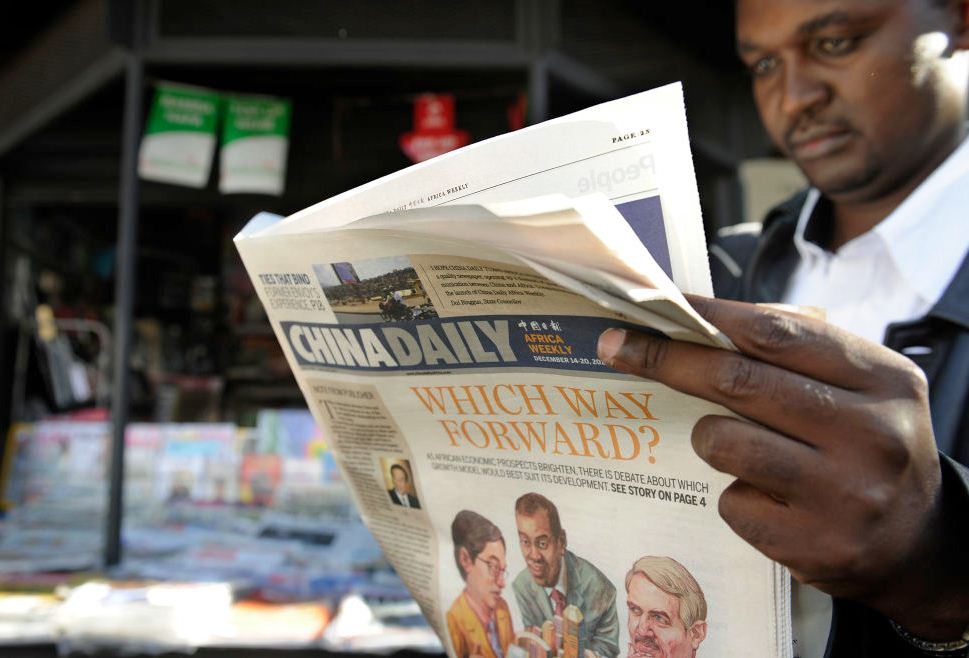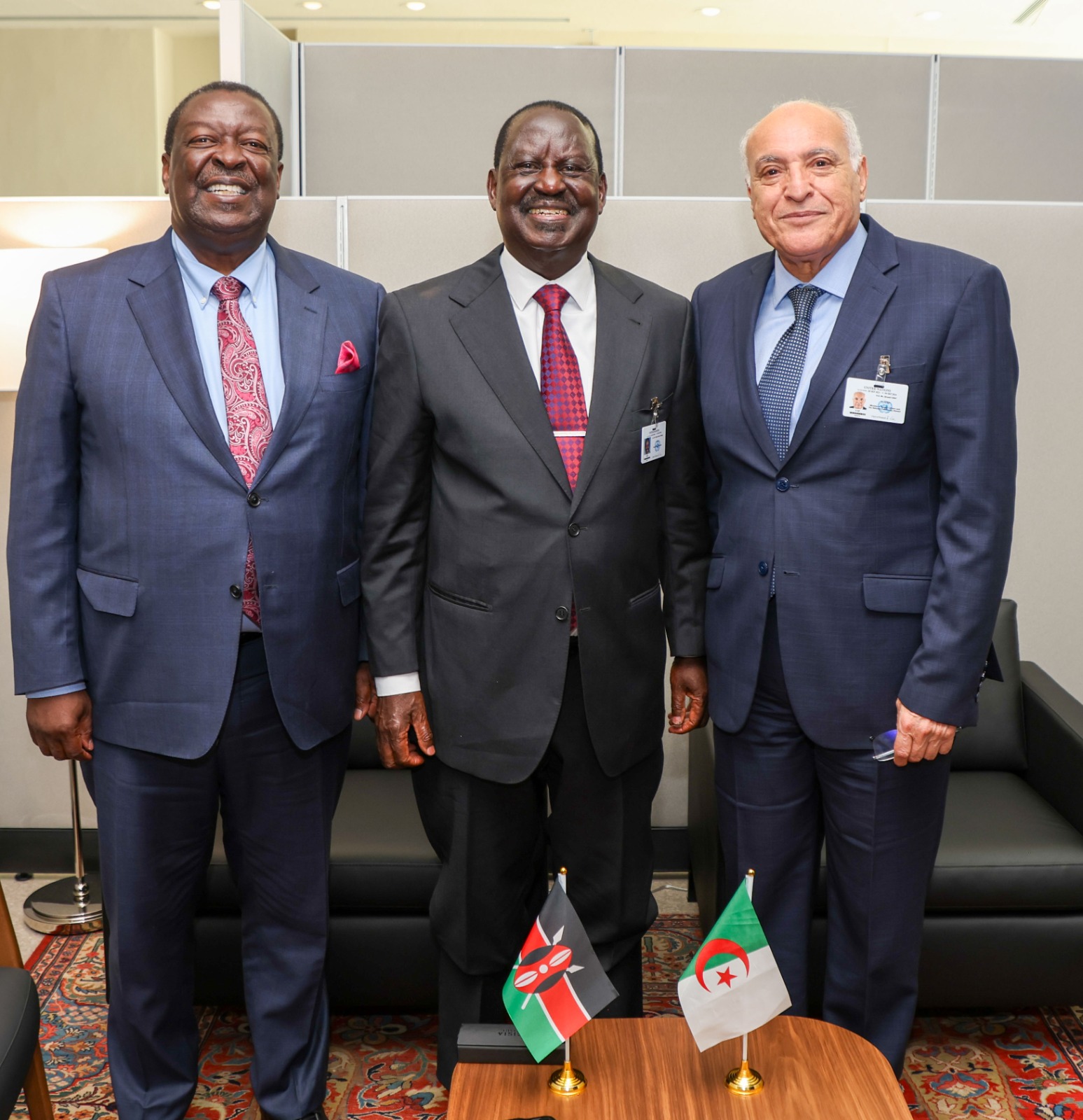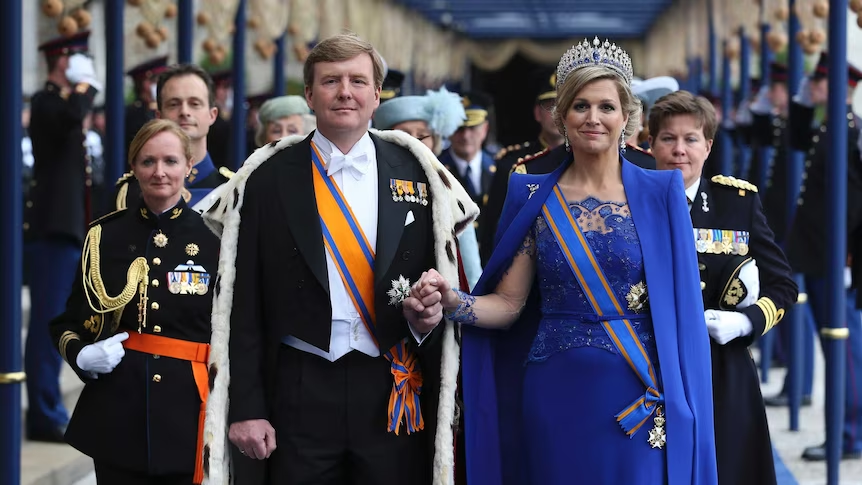This investigation reveals how the Chinese Communist Party (CCP) is handpicking Kenyan journalists—particularly from mainstream outlets and state-owned bodies like the Kenya Broadcasting Corporation (KBC)—for “special training” in China. Disguised as professional development, these programmes are, in reality, ideological grooming exercises designed to align Kenya’s media with Beijing’s interests
By Mdadisi Mmoja
China is quietly infiltrating Kenya’s media landscape by training journalists to serve as agents of its propaganda machine, The Weekly Vision has established. On 26 March 2025, during a tense U.S. Defence Committee hearing on leaked military strategies exposed online, lawmakers highlighted Beijing’s growing influence over Kenyan journalists as a potential threat to global public opinion. Intelligence officials warned that this recruitment drive could be part of a broader operation to manipulate narratives and undermine Western influence across Africa.
This investigation reveals how the Chinese Communist Party (CCP) is handpicking Kenyan journalists—particularly from mainstream outlets and state-owned bodies like the Kenya Broadcasting Corporation (KBC)—for “special training” in China. Disguised as professional development, these programmes are, in reality, ideological grooming exercises designed to align Kenya’s media with Beijing’s interests.
For decades, Kenya’s press has been a battleground in the global power struggle between the United States and China. The U.S. once funded media development projects to bolster press freedom and independent journalism in the country. However, following the abrupt discontinuation of USAID-backed initiatives, China has swooped in to fill the void, offering lucrative training opportunities to journalists—not to sharpen their skills, but to shape their stories.
Multiple sources within Kenya’s media industry confirm that these training sessions, held in China, follow a meticulous playbook:
- Selective Exposure – Journalists are taken on curated tours of China’s gleaming infrastructure, modern cities, and high-tech industries, while controversial regions like Tibet, Xinjiang, and Hong Kong remain off-limits.
- The “China Model” Indoctrination – Trainees endure lectures on why China’s governance trumps Western democracy, with state-controlled media touted as more “responsible” than the free press.
- The Anti-Western Narrative – Participants are armed with talking points framing the U.S. as a declining power using media to destabilise others, and urged to counter negative stories about China with positive Kenya-China narratives.
- Subtle Incentives – Returning journalists reportedly receive stipends, exclusive access to Chinese officials, and even financial rewards for publishing pro-China content, with some offered lucrative “media fellowships.”
One anonymous journalist who attended a recent session described it as “less about journalism and more about learning to defend China at all costs,” revealing that the training focused on downplaying human rights concerns and highlighting Beijing’s “unmatched commitment” to Africa.
China’s media ambitions in Kenya are not new. For years, Beijing has funded state-sponsored collaborations, offered scholarships to journalism students, and forged partnerships between Kenyan and Chinese news outlets. However, this latest push is more sophisticated—and more dangerous.
On 19 March 2025, talks between Kenyan and Chinese officials—including Professor Edward Kisiang’ani (former Principal Secretary of the State Department for Broadcasting and Telecommunications), Mr Zhang Zhizhong (Deputy Chief of Mission at the Chinese Embassy), Ms Agnes Kalekye (CEO of KBC), and Mr Joseph Kipkoech (Director of Information)—focused on deepening media cooperation, including journalist training. Days later, during the U.S. Congressional hearing, Representative Mike Gallagher singled out these efforts, noting China’s training of KBC journalists as part of its strategy to dominate Africa’s media landscape.
The implications are profound. By building a network of media operatives, China aims to turn Kenya’s press—once among Africa’s most independent—into an echo chamber for its state narratives. Senior editors, speaking off the record, admit to facing pressure to run favourable stories about China or avoid negative coverage entirely. One editor at a major newspaper confided, “Any attempt to expose China’s shady deals in Kenya meets pushback from Chinese diplomats and our own media bosses.”
This is particularly alarming given China’s deep economic ties to Kenya, from infrastructure projects to trade and technology partnerships. Controlling the narrative allows Beijing to shield its dealings from scrutiny.
The U.S. Congress has taken note. During the 26 March hearing, intelligence officials confirmed they have been tracking China’s journalist training operations, warning that recruits could spread disinformation aligned with Beijing’s strategic goals. A senior defence official stated, “The CCP isn’t just targeting journalists to tell positive stories about China. They’re shaping global discourse to influence political decisions, security policies, and economic alliances in key regions.”
Yet Kenyan authorities remain silent. The government has defended its media partnership with China, dismissing concerns as “Western paranoia.” Security analysts suggest this reticence may reflect complicity—or a reluctance to jeopardise ties with a key economic partner. “The risk is that Kenya’s press could lose its independence without anyone noticing,” warns a former media regulator. “By the time we wake up, our newsrooms might be under invisible Chinese sway.”
Kenya is not an isolated case. Similar tactics have been reported in Nigeria, South Africa, and even parts of Europe, revealing Beijing’s global strategy: to reshape narratives, control information, and counter Western influence while maintaining the illusion of a free press.
For Kenya, the stakes are immense. If its journalists become mouthpieces for Beijing, the nation risks losing a vital democratic pillar. With the issue now under scrutiny in the U.S. Congress, pressure is mounting. Will Kenyan authorities act before it’s too late—or has China’s silent coup already succeeded?





